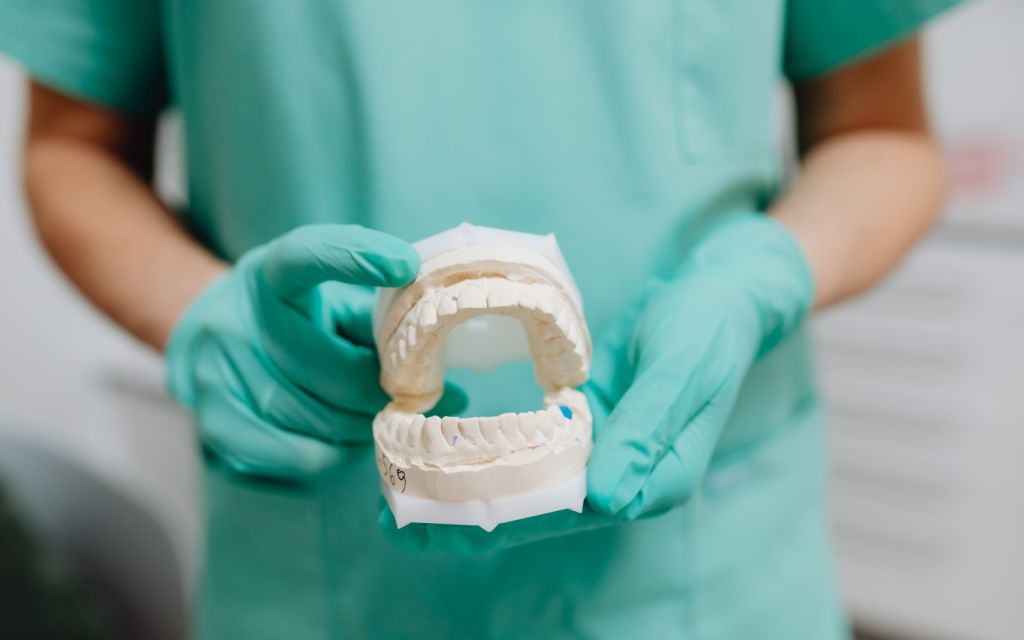Scared of the dentist but need to visit for treatment? Fear of the dentist is one of the most common anxieties found in adults in the UK. This fear is often referred to as dentophobia or orthodontaphobia and can stem from emotions regarding your oral health in general, or from a previous negative experience earlier in life.
Scared of the dentist but need to visit for treatment? Fear of the dentist is one of the most common anxieties found in adults in the UK. This fear is often referred to as dentophobia or orthodontaphobia and can stem from emotions regarding your oral health in general, or from a previous negative experience earlier in life.
Bite Dentistry is here to take you through our top tips when experiencing dental anxiety, and how to combat nerves when visiting with assistance from your dentist.
Book your appointment with our understanding dentists today
There are many different reasons why people are afraid of the dentist, but what is the root of your fear? Here are some common causes:
Fear of Pain
Often one of the most frequent causes of dentist fear is the potential pain that could be caused during treatment. This often stems from a bad experience as a child or hearing “horror stories” through friends or family. However, thanks to the latest developments within dental technology, it makes treatments either pain-free or much less painful than treatment in the past.
Common in most areas in the medical industry, the fear of needles is very present within dental anxiety as well. This is often amplified by the idea of the needle coming close to a person’s face or into their mouth. Linked to the fear of pain, often the biggest worry is that an anaesthetic injection does not work, resulting in feeling the treatment.
Another cause associated with dental anxiety is the act of purely having the dentist close to your face or invading your personal space. This could be due to the closeness in general, or fear of judgement due to oral hygiene or bad breath.
So how do you ease the anxiousness surrounding going to the dentist? We have compiled a list of some tips to self-comfort your fear.
One of the most effective ways to combat your dental anxiety is to simply have a distraction to help relieve the fear. Ask your dentist if it is possible to listen to music through headphones, or have them talk to you about other subjects as treatment is happening. This can help provide you with something else to focus on.
Keeping your breathing under control is a good way to relieve anxiety. Try box breathing where you breathe in for four seconds, hold for four seconds, breathe out for four seconds and repeat. This can provide a steady and relaxing breathing technique that also acts as another distraction to focus on.
Ask your dentist if you can have a friend or member of your family sit in the treatment room with you while it happens, this can often help to have a comforting presence nearby.
The most important way to get your dentist to assist with your fear is to communicate with them. By being open about your fears, they can help you relieve them. Get your dental professional to talk you through every step of the treatment, or ask them to talk to you about something else as a distraction if you feel that would help.
In more severe cases of dental anxiety, forms of sedation are sometimes used to help a patient relax. This is typically nitrous oxide (commonly known as laughing gas), a safe and effective sedative that places the patient in a relaxed state but does not make them fall asleep.
At Bite Dentistry, we offer a wide range of general dentistry treatments and cosmetic dentistry treatments. Though our focus is always on dental health and oral hygiene, we also understand how difficult visiting can be for those with a fear of the dentist.
You can come to Bite Dentistry, knowing that a professional and high-quality dental service is guaranteed to everyone. To find out more about any of our dental treatments, or how we can help accommodate any anxiety you may have, get in touch with our helpful team.

When you have a dental issue with multiple fixes, it can be difficult to know which option is the best for you. If you have gaps, chips or broken teeth that make you self-conscious or affect how you speak and eat, you will likely want to fix this problem.

Feeling nervous about dentists appointments is fairly common and can be made worse when you notice any dentistry issues that you will need to get checked. Our minds can start to run away from us at the slightest toothache, which is why finding a specialist dentist that knows how to handle nervous patients is the ideal solution.
